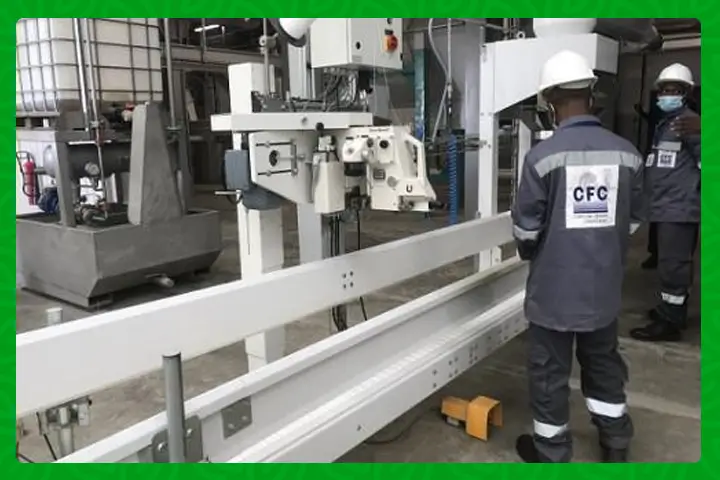
In a dynamic world, the agri-food industry of Cameroon has had its fair share of fluctuations. Recently, it experienced a slight but significant drop of 0.8% in production costs from April to June 2023, marking the second consecutive decline, as unveiled by the National Institute of Statistics (INS) in its latest Industrial Producer Price Index (IPPI). This shift comes as a breath of fresh air after a period of consistent increases that stretched over more than a year, leading us to explore the forces at play behind this change.
A Look Back: Rising Costs in the Agri-Food Sector
For a substantial period, the agri-food industry in Cameroon experienced a steady upward trend in production costs, spanning from the 3rd quarter of 2021 to the 4th quarter of 2022. This persistent escalation posed challenges for agri-food businesses as they grappled with increasing expenses. These price hikes were mainly attributed to disruptions in global supply chains triggered by the Russian-Ukrainian crisis, which rippled across industries worldwide.
The Industrial Producer Price Index (IPPI): A Key Insight
To comprehend these changes better, let’s turn our attention to the Industrial Producer Price Index (IPPI), a pivotal quarterly report that measures the evolution of prices of industrial goods produced in Cameroon. This index focuses on factory gate prices, excluding taxes, subsidies, and transport margins, which collectively influence the agri-food industry.
The IPPI encompasses a broad spectrum of activities within the secondary sector. These include extractive industries, manufacturing activities, and the production and distribution of electricity, gas, water, sanitation, waste treatment, and pollution control. By examining this comprehensive report, we gain insights into the core drivers of the industry’s financial landscape.
The Recent Decline: Navigating the Factors
The newfound 0.8% decline in production costs represents a noteworthy shift, offering a glimpse of stability in an ever-evolving industry. The dip aligns with a broader trend of factory gate prices in the industrial sector, which saw a 5.2% reduction over the same period. This decline is indicative of a “progressive return of industrial production prices to their pre-Russian-Ukrainian crisis level,” as highlighted by the INS.
Conclusion: A Balancing Act for Agri-Food Businesses
Cameroon’s agri-food industry, marked by its resilience and adaptability, has witnessed a fluctuating landscape of production costs. The recent decrease, as indicated by the IPPI, offers a glimmer of hope as it aligns with broader industrial trends. While it is a modest drop, it signals a step towards recalibrating the sector’s economic dynamics.
As we continue to navigate the complexities of the global market, the agri-food industry remains agile, responding to both challenges and opportunities. The dip in production costs signifies a potential return to more stable pricing, reflecting the industry’s resilience and adaptability.
The road ahead for agri-food businesses in Cameroon may still hold uncertainties, but the recent drop in production costs provides a valuable respite, allowing them to plan, innovate, and grow with newfound optimism. In the ever-evolving world of agri-food, adaptation remains the key to sustainable success.
Stay updated with the latest farming tips and agriculture industry news from Africa by subscribing to our newsletter. Don’t miss out on valuable insights and updates. Follow us on Twitter, LinkedIn, and Facebook to join our farming community and stay connected with us.



















